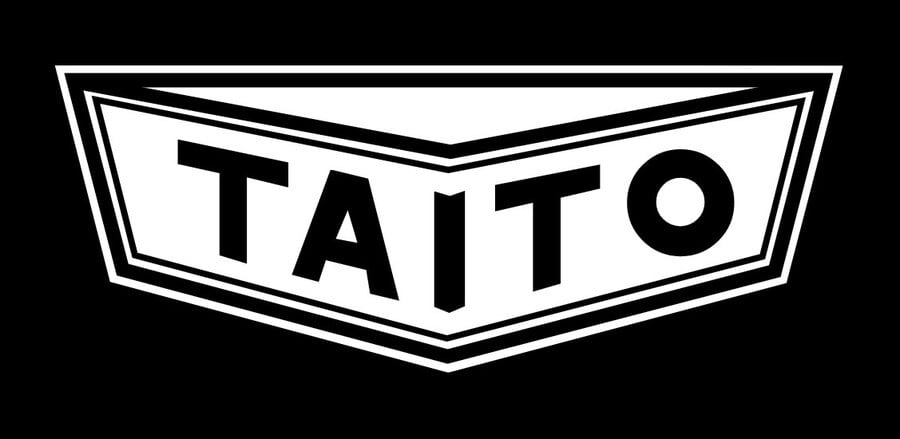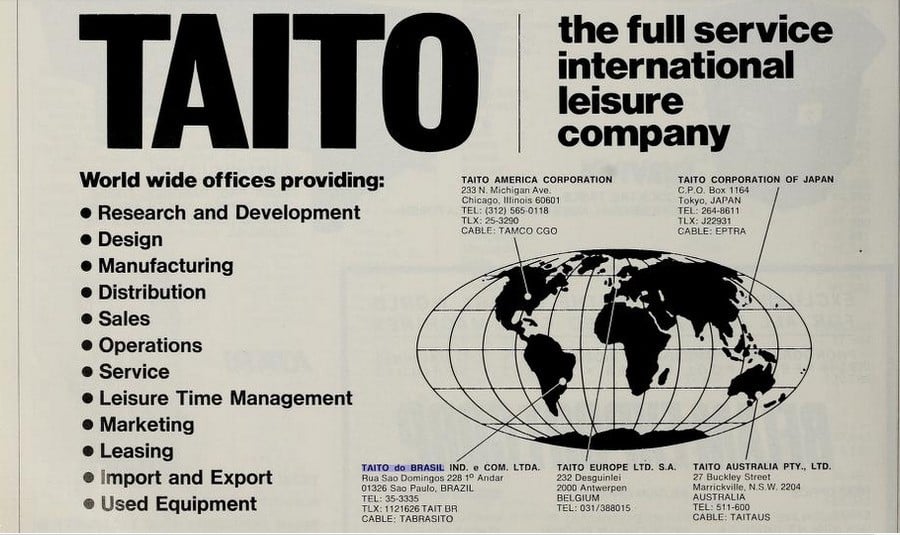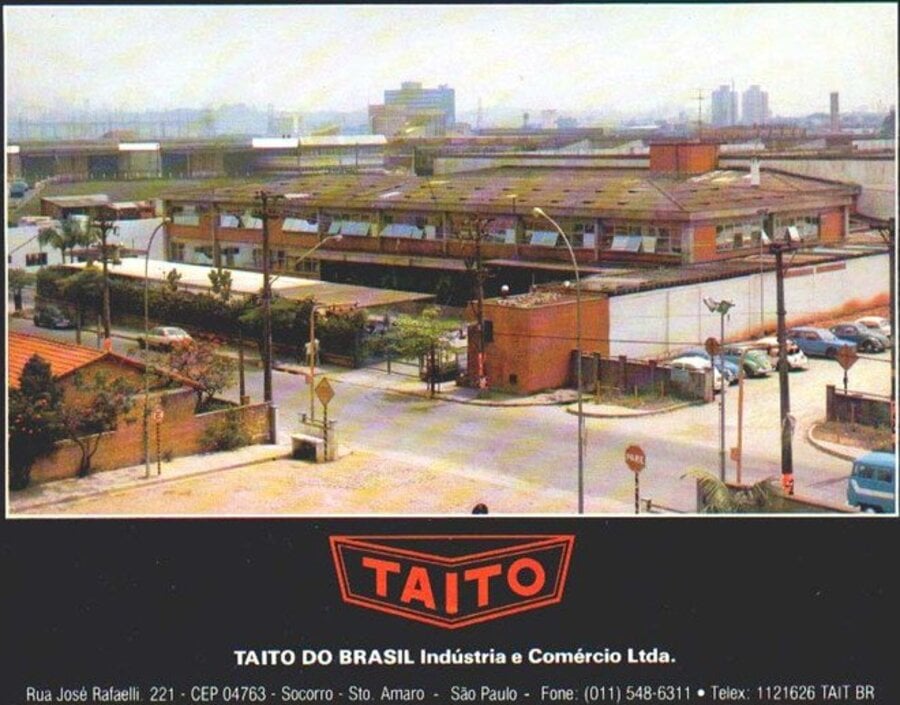
A fascinating talk held during the recent History of Games 2024 Conference was by Doctor Letícia Perani on Taito's subsidiary in Brazil; we ran a feature on the extortion and attempted kidnapping of its chairman, Abraham Kogan, but that was just a small anecdote right at the end. For your author, this talk was enthralling because while the Japanese branch of Taito is thoroughly understood, the fact there was a Brazilian branch was a hitherto unknown revelation. Be honest, were you aware of Taito in South America?
It also brought up an interesting point: Taito is not a Japanese company. Its founder, Michael Kogan, was a foreigner (Ukrainian), putting it alongside other famous companies, like Sega (American), BPS (Dutch), and SoftBank (Korean), which had a profound impact on the Japanese games industry despite their originators being from outside Japan.

Dr Perani also gave a fascinating statement on discoveries regarding Taito's international nature. As Dr Perani explained: "Professor Melanie Swalwell and I came up with the hypothesis that Taito was one of the first multinational companies specialising in games, or maybe even the first! As Pr Swalwell reports in her paper Heterodoxy in Game History: Towards More 'Connected Histories' (2021), we uncover a Taito advert in Cash Box magazine (5 July 1975, p.10) with contact addresses and phone numbers for the main offices in Japan and four other branches: Brazil, Australia, USA, and Europe (Belgium). We also know about Taito New Zealand and a mysterious 1980s UK branch: Taitel - we didn't find much about the company itself, only about their machines."
Much of the talk was about the challenges of delineating between personal memories of events, and objective facts. A lot of the documented history of Taito Brazil is based on unsubstantiated oral histories, or official statements likely made to capitalise on certain laws. So, in many ways, the talk was like a detective story, trying to find the facts. Much of the methodology involved doing searches in primary printed sources, then cross-referencing these with online information or statements from enthusiasts.
Despite conjecture that a lot of the companies pinball and arcade machines were unlicensed copies, there's some evidence that actually, they might have been manufactured due to its parent company, Taito Corporation, having official distribution deals. Two examples being Catch Match and Time Fighter - the latter of which is actually a license of Konami's Time Pilot, with Dr Perani showing official Taito advertising posters for it.

There are unsubstantiated oral accounts of EPROMs made in New Zealand being shipped to Brazil, though they're still searching for evidence. Newspaper claims of Taito Brazil exporting machines to Japan and Latin America have been debunked as extremely unlikely, and the official statements were possibly fabricated for the press to capitalise on government tax subsidies for companies exporting goods - two contradictory press statements were held up regarding this.
One nice aspect was the exploration of amusement games, such as pinball, prior to the company making traditional CPU based arcade games. This dovetails with Tomohiro Nishikado developing Space Invaders, one of Japan's earliest CP-based arcade games, and also another talk on Bally's arcade games in Ireland, long before Bally-Midway would produce Mortal Kombat. There's not a lot of coverage on pre-CPU games, but it's worth knowing how these developers started out.
The presentation culminated with your author asking: why not just interview Abba Kogan? Which resulted in the revelation and later verification of certain unpleasant events he encountered.
